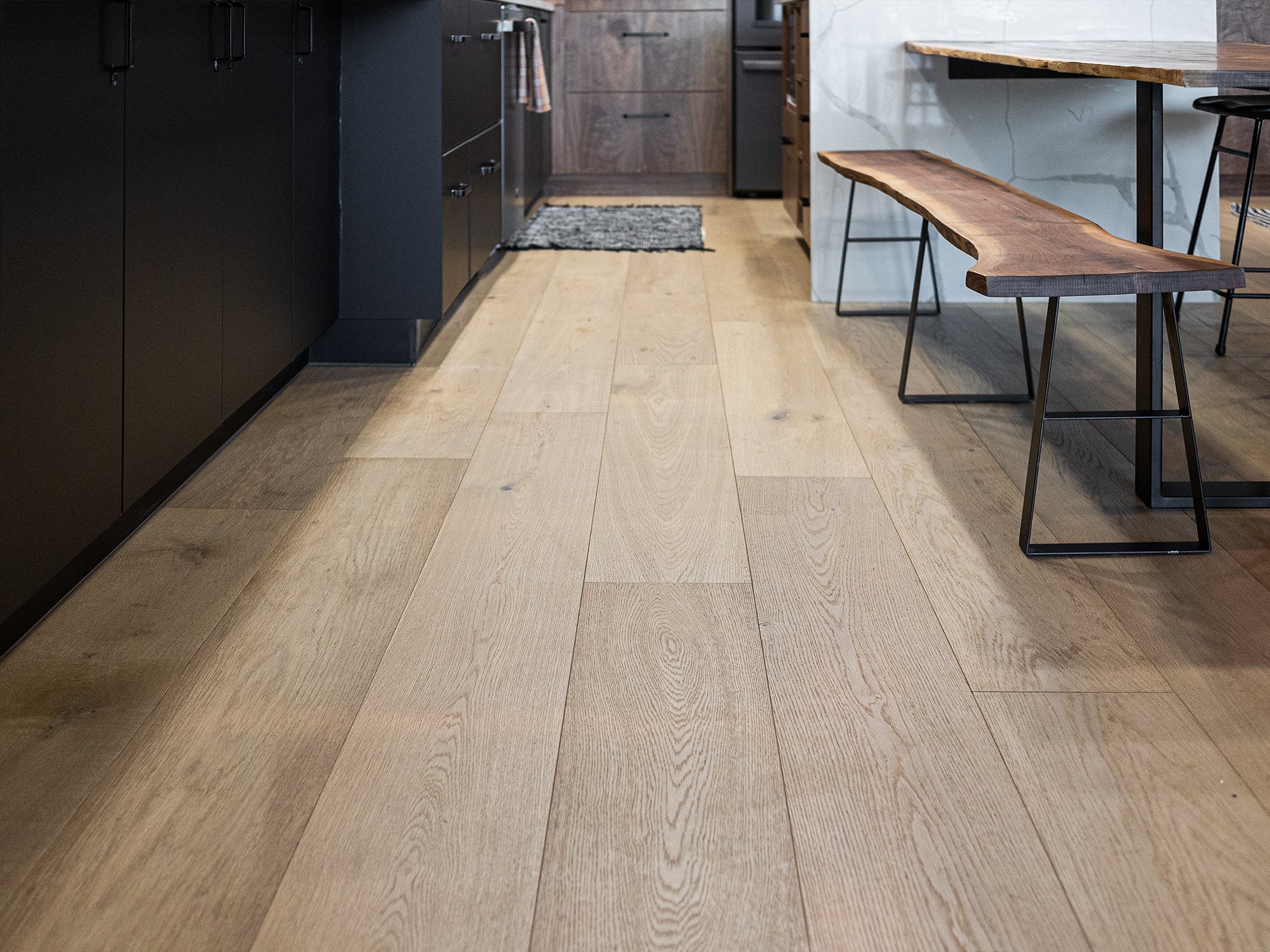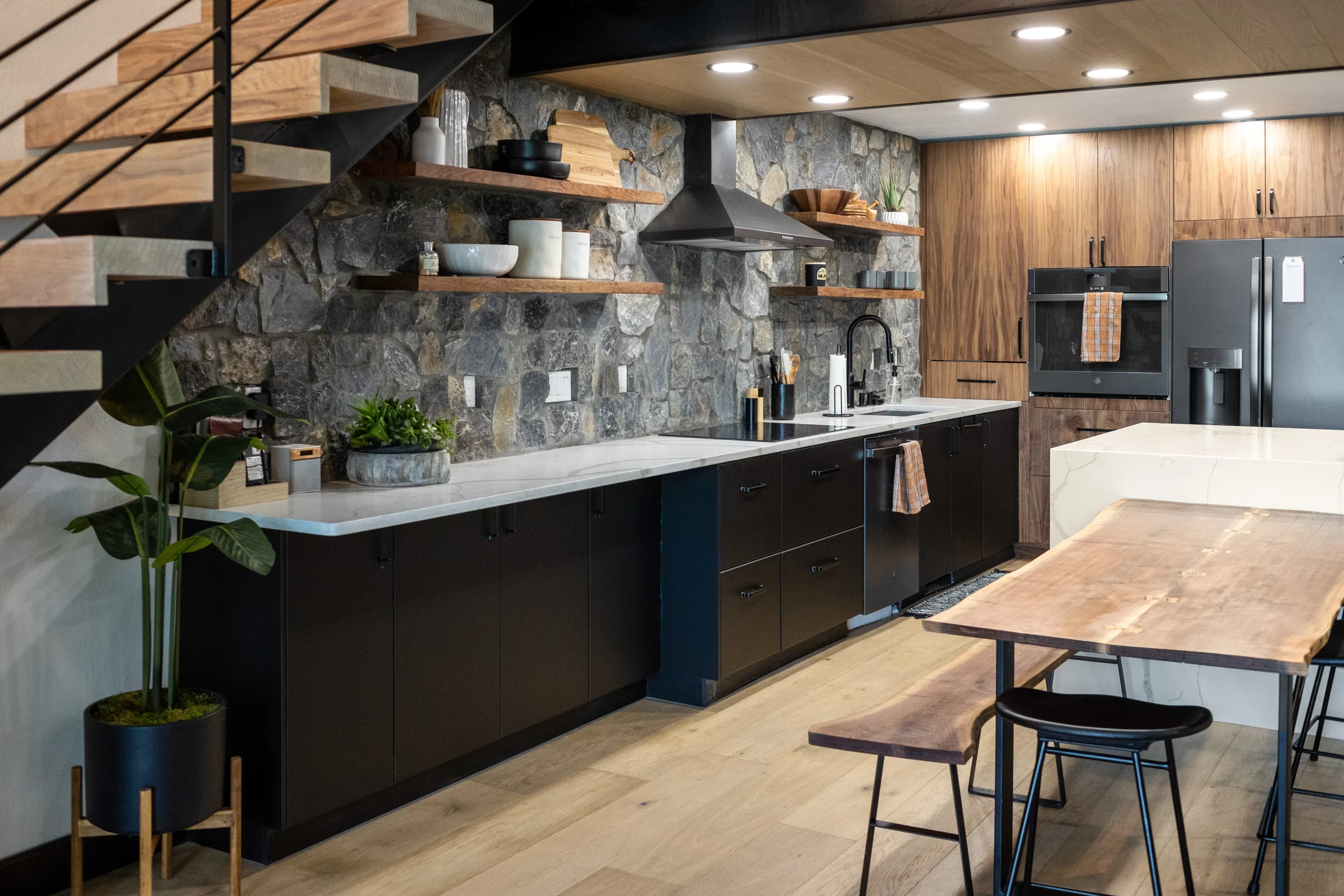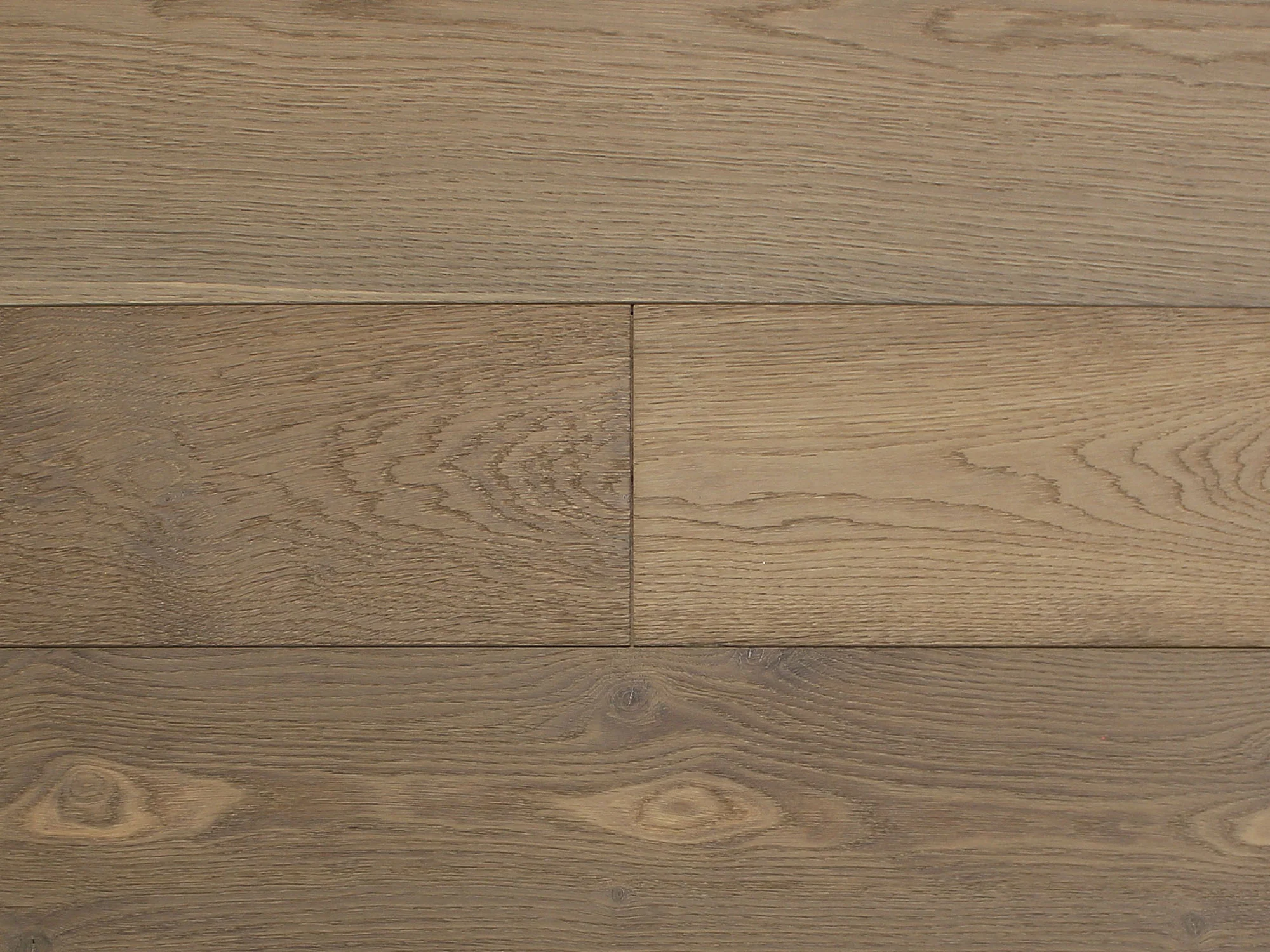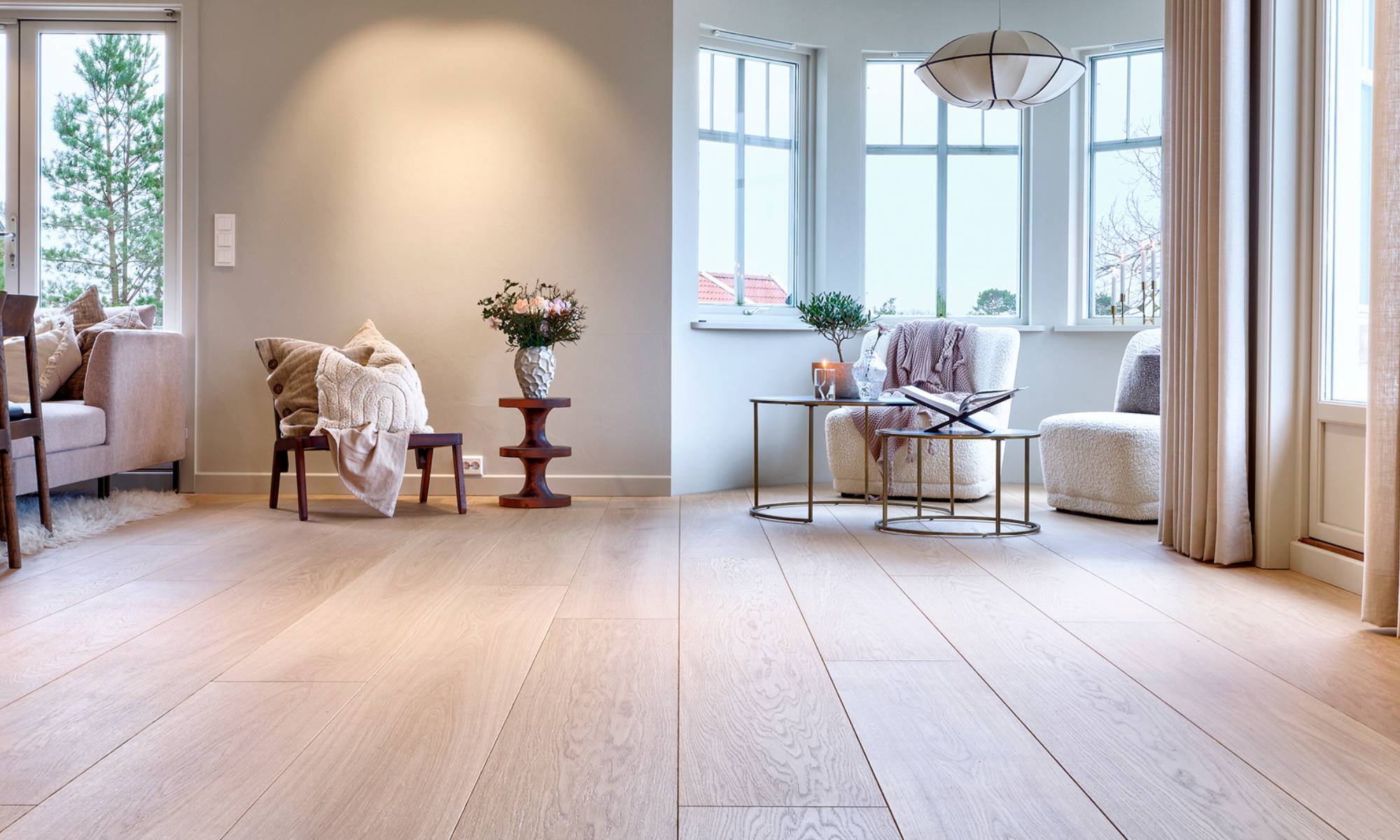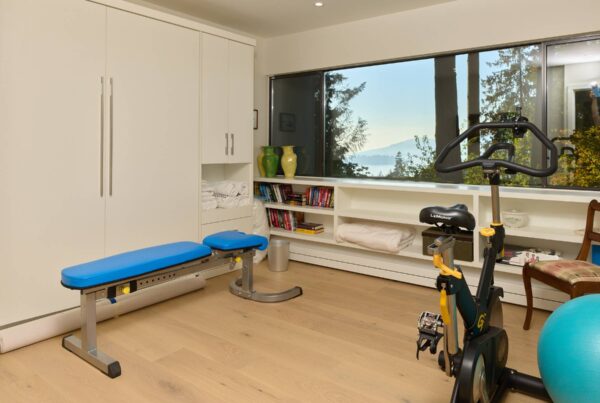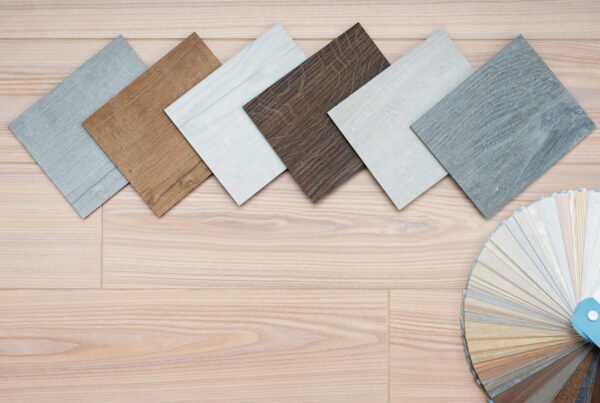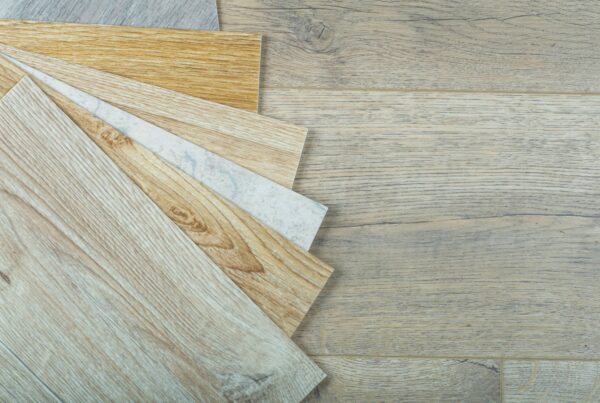When it comes to flooring options, homeowners today are spoilt for choice. From traditional hardwood to modern alternatives like vinyl, the market offers a plethora of options. In this comprehensive guide, we will delve into the world of Engineered Hardwood and Vinyl Flooring, exploring their advantages, differences, styles, maintenance, costs, and more. Let’s start by introducing these two popular choices.
Introduction to Engineered Hardwood and Vinyl Flooring
Engineered hardwood and vinyl flooring are two distinct materials that have gained popularity for their versatility and aesthetics. Engineered hardwood consists of multiple layers of real wood, topped with a hardwood veneer. On the other hand, vinyl flooring is a synthetic material that replicates the look and feel of natural wood or stone. Both options have their unique advantages.
Advantages of Engineered Hardwood Flooring
Engineered hardwood flooring combines the timeless beauty of hardwood with enhanced durability. It’s resistant to moisture and temperature fluctuations, making it suitable for various environments. The hardwood veneer provides an authentic appearance that adds elegance and warmth to any space. Moreover, it can be refinished multiple times, extending its lifespan.
Advantages of Vinyl Flooring
Vinyl flooring, on the other hand, offers remarkable durability and versatility. It’s highly resistant to scratches, stains, and moisture, making it an excellent choice for high-traffic areas. Vinyl comes in a wide range of styles, from wood and stone patterns to modern designs. Its affordability and low maintenance requirements make it a practical choice for many homeowners.
Differences Between Engineered Hardwood and Vinyl Flooring
One key difference between these two flooring options lies in their material composition. Engineered hardwood is made of real wood, giving it a natural and authentic appearance. Vinyl, on the other hand, is synthetic and offers a wider variety of designs and patterns. Additionally, their installation methods and maintenance requirements vary, which we will explore in more detail.
Engineered Hardwood Flooring Types and Styles
Engineered hardwood flooring comes in various types and styles to cater to different preferences. Whether you prefer the classic look of oak, the exotic allure of Brazilian cherry, or the modern vibe of maple, there’s an option for you. Additionally, you can choose between different finishes, such as matte, glossy, or distressed, to achieve your desired aesthetic.
Vinyl Flooring Types and Styles
Vinyl flooring doesn’t fall short when it comes to diversity. From wood-look planks to stone-look tiles, vinyl can mimic a wide range of natural materials. You can select from an array of colors, patterns, and textures to match your interior design. Luxury vinyl plank and luxury vinyl tiles are popular choices for achieving the look of hardwood or stone with the benefits of vinyl.
Durability and Longevity of Engineered Hardwood vs. Vinyl Flooring
When comparing the durability of engineered hardwood and vinyl flooring, it’s essential to consider factors like wear resistance, water resistance, and lifespan. Engineered hardwood can last for decades with proper care and refinishing. However, vinyl’s synthetic nature makes it inherently more resistant to wear and moisture, giving it a potential advantage in areas prone to spills or humidity.
Maintenance and Care Tips for Engineered Hardwood Flooring
Maintaining engineered hardwood flooring involves regular cleaning, avoiding excessive moisture, and promptly addressing spills. Using a microfiber mop and a recommended hardwood floor cleaner can help maintain its shine. Periodic refinishing can revitalize the surface and extend its lifespan.
Maintenance and Care Tips for Vinyl Flooring
Vinyl flooring is relatively low-maintenance. Regular sweeping and occasional mopping with a vinyl floor cleaner is usually sufficient to keep it looking great. Additionally, vinyl’s water-resistant properties make it suitable for wet areas like kitchens and bathrooms.
Cost Comparison: Engineered Hardwood vs. Vinyl Flooring
Cost is a significant consideration for homeowners. Engineered hardwood tends to be more expensive upfront due to the use of real wood. However, it can add value to your home and can be a long-term investment. Vinyl flooring is typically more budget-friendly, making it an attractive option for those seeking an economical yet stylish flooring solution.
Environmental Considerations in Flooring Choices
Concerns about sustainability and environmental impact are increasingly relevant when choosing flooring materials. Engineered hardwood, when sourced responsibly, can be an eco-friendly option. Look for certifications to ensure the wood is sustainably harvested. Vinyl flooring, on the other hand, raises environmental concerns due to its synthetic nature and potential off-gassing of VOCs (volatile organic compounds).
Choosing the Right Flooring for Different Rooms in Your Home
Selecting the right flooring for each room is crucial for achieving both aesthetics and functionality. Engineered hardwood can create a warm and inviting atmosphere in living areas and bedrooms. In contrast, vinyl’s durability makes it an ideal choice for kitchens, bathrooms, and basements where moisture and high traffic are common.
Installation Methods for Engineered Hardwood and Vinyl Flooring
The installation process for these flooring options differs significantly. Engineered hardwood can be glued, nailed, or floated, depending on the subfloor and personal preference. Vinyl flooring, on the other hand, is typically installed using a click-and-lock or adhesive method. Understanding these installation techniques is essential for a successful flooring project.
Trends and Innovations in Engineered Hardwood and Vinyl Flooring
As technology and design trends evolve, so do flooring options. Engineered hardwood and vinyl flooring have kept pace with innovations such as wider planks, textured finishes, and enhanced durability. Staying informed about the latest trends can help you make a stylish and practical choice for your home.
In recent years, eco-conscious consumers have also driven innovation in engineered hardwood and vinyl flooring. Sustainable materials and manufacturing processes are becoming increasingly important in the industry. Engineered hardwood options now include reclaimed and repurposed wood, providing a rustic and environmentally friendly choice. Similarly, vinyl flooring manufacturers are producing eco-friendly options using recycled materials and low-VOC adhesives, appealing to those who prioritize both style and sustainability. Keeping an eye on these environmentally responsible trends can align your flooring choice with your values while still achieving a beautiful and contemporary look for your space.
Transform Your Space with Impeccable Craftsmanship: Discover the Unmatched Beauty of Flatwater Finishes Today!
Are you ready to transform your space with the finest craftsmanship and attention to detail? Look no further than Flatwater Finishes, your trusted partner for exquisite interior and exterior finishes. Whether it’s a residential renovation or a commercial project, our team of experts is committed to exceeding your expectations. Don’t wait any longer to elevate your property’s aesthetic appeal and value. Contact us today, and let’s bring your vision to life with Flatwater Finishes! Your dream space is just one click away.

